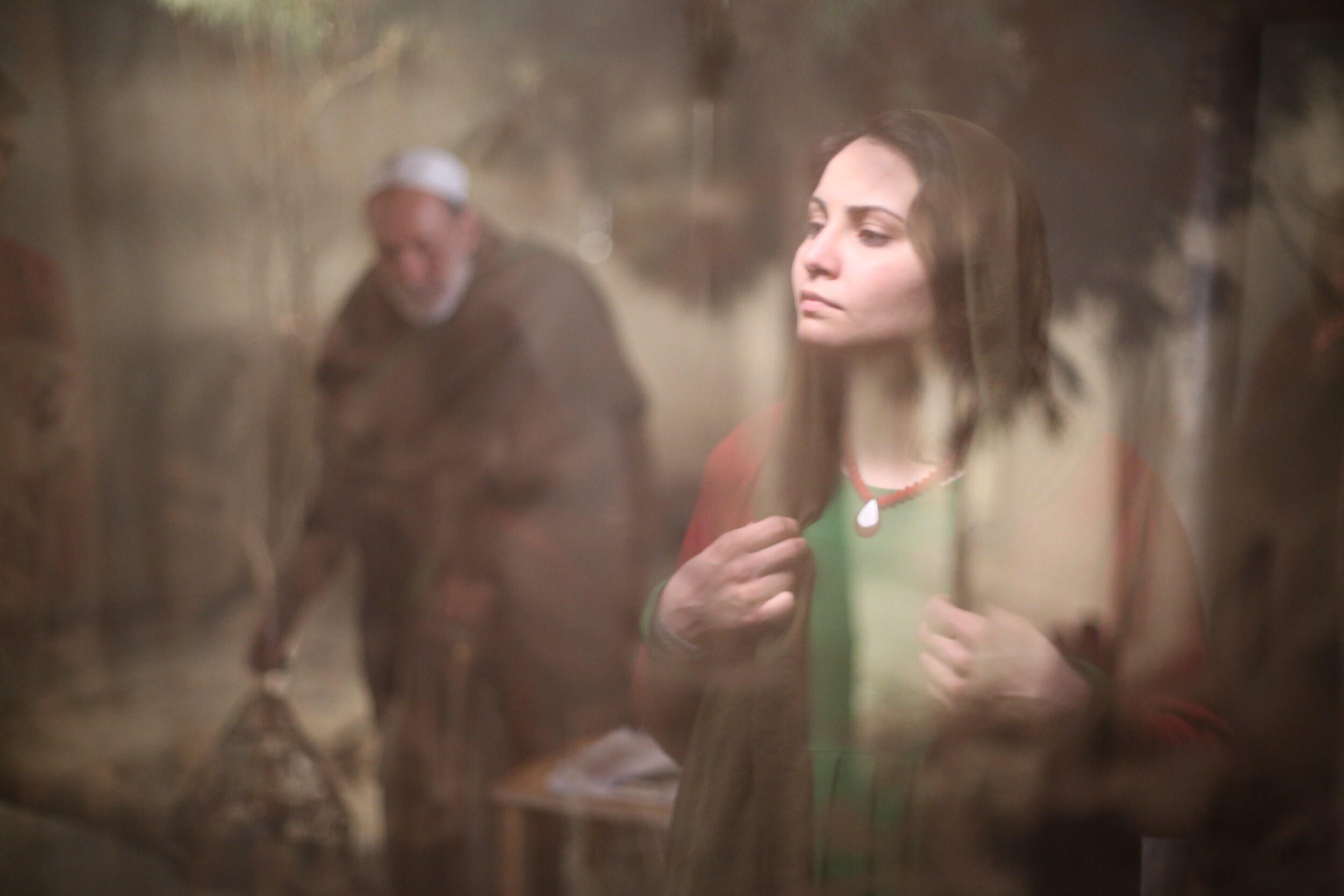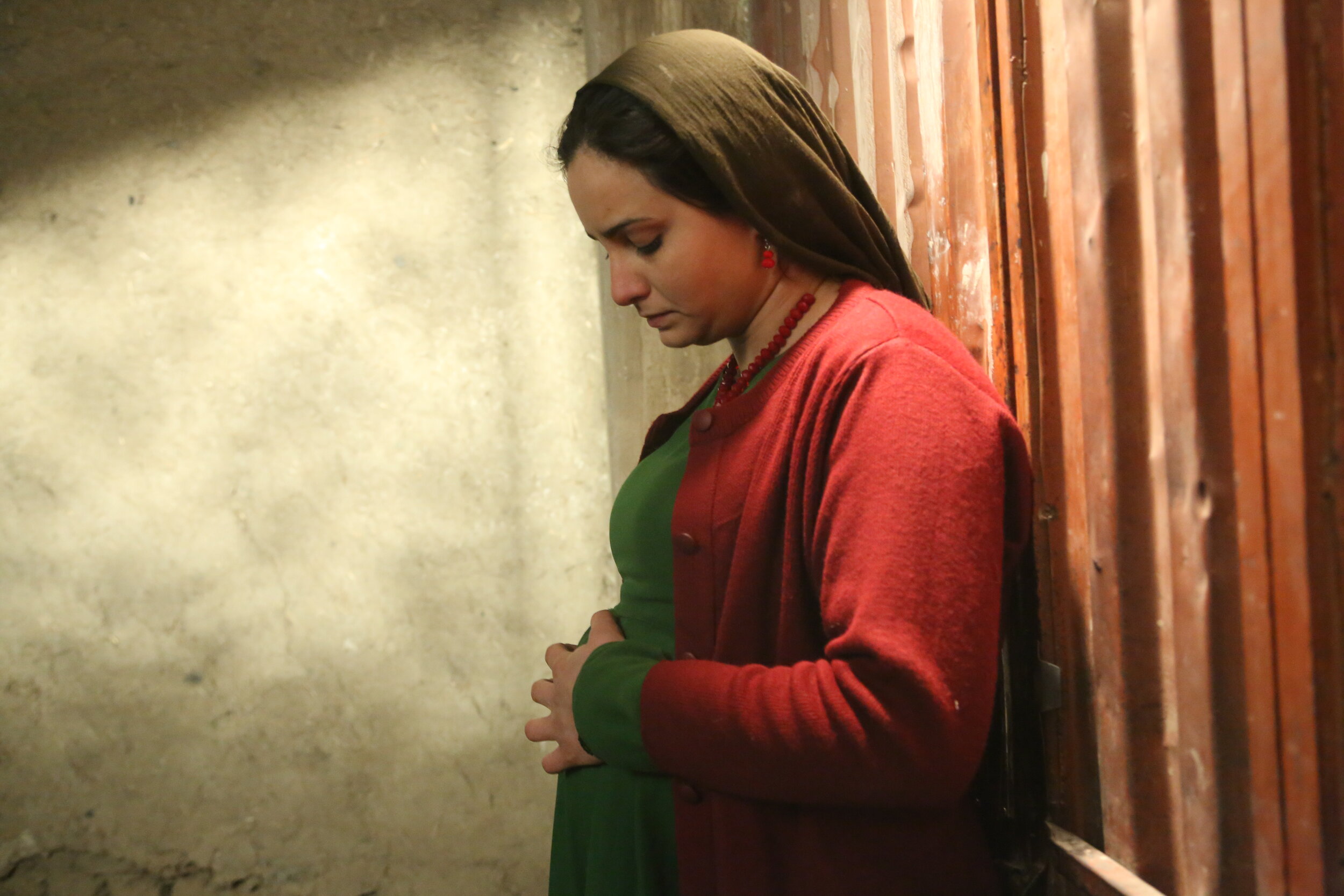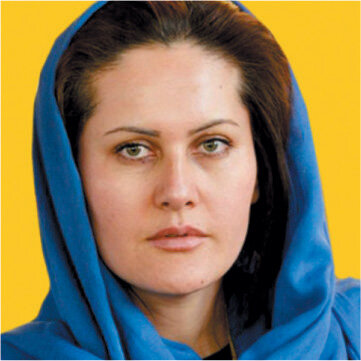Hava, Maryam, Ayesha: A Beautiful, Resonate Representation of Life As An Afghan Woman.
Source: Noori Pictures
“Bear it,” Maryam’s friend says to her after Maryam finds out she’s pregnant by a husband who’s cheated on her with numerous women for the entire seven years of their marriage.
This is a quote that will probably resonate for women across the globe. After all, due to toxic masculinity, what do women not bear? Our thoughts, jobs, bodies, beliefs, even our very lives are dominated and controlled by the patriarchy. There is no woman that isn’t affected.
Hava, Maryam, Ayesha is director Sahraa Karimi’s first feature, and it is heralded as the “first independent Afghan film entirely shot in Kabul, with the director, actors and actresses living in Afghanistan. It raises the voices of the struggles many Afghan women face due to the patriarchy.
Hava
Source: Noori Pictures
We start with a look at a family steeped in old tradition. Hava (Arezoo Ariapoor) is a young wife and soon to be mother, who bears the responsibility of the entire household. She lives with her ungrateful husband and her aging in-laws, one of which is practically catatonic.
She attempts to navigate her daily chores; take full care of her ailing mother-in-law; appeasing the demands of her impatient father-in-law and cooking constant, last minute dinners for her thankless husband and his friends; all while dealing with the pain of being 8-9 months pregnant. Her only joy and strength is the feel of her child moving inside her.
While washing the dishes, outside in the cold, after her husband’s party she took no part in, she slips and falls on her belly. Her husband, who doesn’t even help her up, tells her that she has “disgraced” him in front of his guests. When she can no longer feel her baby move, she begs her husband to take her to the clinic. He refuses and leaves her there to go out with his friends.
Will her baby survive?
Maryam
Source: Noori Pictures
The next story focuses on the well educated, feminist, Maryam.
Maryam (Feresta Afshar) takes orders from no one. She is an independent, outspoken news journalist wanting to be taken seriously at her job as an anchor.
On her way home, and, throughout the rest of her story, she is inundated by calls from her husband Farid. Maryam has broken up with him because, for the majority of the marriage, he has cheated on her with multiple women. He blames the fact that they haven’t been able to conceive as his reason for his infidelities, but he is unaware that Maryam just found out she is pregnant.
Maryam tells her friend about her pregnancy, hoping to get comfort and advice from her, but instead her friend encourages her to go back with Farid, thinking the child will change him and bring their relationship closer. She blames Maryam’s stubbornness on her reading and education.
Maryam, sensibly, retorts that a baby will only make things worse and it will make her a prisoner. She knows that nothing is going to change her broken husband or relationship for the better, but in a place where abortion is illegal, what will she do?
Maryam’s story sets up a fitting segue into the final story.
Ayesha
Source: Noori Pictures
Ayesha (Hasiba Ebrahimi) is a teen from a middle class family. Her father died years back, so it’s been up to Ayesha’s mother to take care of her and her multiple siblings. It is her mother’s wish to marry Ayesha off to a well off family so they no longer have to support her.
At first, Ayesha refuses the offer from her cousin to marry because she believes that marriage should be for love and not arranged, as is the usual tradition. But when the boy she loves finds out she’s pregnant, he abandons and wants nothing to do with her. She and her friend then scramble to get the money for an illegal abortion and, for the sake of protection, she accepts her cousin’s proposal for marriage.
Will she come through this without arousing any suspicion within her family or community?
In all honesty…
Go see and support this film in any capacity that you can.
The patriarchy and all that women have to endure is nothing new. I think a lot of women can relate to many of these situations, but the film’s importance on the world stage is painstakingly crucial.
In 2011 Afghanistan was rated as one of the worst places in the world to be a woman. The war with the United States there has been going on for over 18 years, and the Taliban still continues to launch lethal attacks in pursuit of more territory. Afghan women have only recently been able to acquire a few of the essential day to day rights that men have enjoyed there for decades.
In 2019, director/writer Sahraa Karimi managed to become the first, female, general director of Afghan Film-the state run film company and archive in Afghanistan-since it’s opening in 1968. She is also the only woman living in Afghanistan with a Ph.D in Cinema. That, in and of itself, is simply astounding. Notes from the film’s website state that Karimi promised herself “to be the storyteller of my fellow countrywomen who seek to change their lives in a traditional society.” And she is doing just that.
Sahraa Karimi
In 2009, her documentary Afghan Women Behind the Wheel went on to win over 20 awards at major film festivals across the globe. Hava Maryam Ayesha, illustrates the way that 3 different women live today in Afghanistan, giving the world an up close look at something that has been hidden from us for far too long. Karimi stated that her goal for this film is “to narrate the lives of the women who haven’t had a voice for many years, that are now ready to change their fate”. Amazing.
Cinematographer Behroz Badroj helps Karimi create alluring moving imagery to go along with the narrative. It helps the viewer to become part of the intimate stories Karimi weaves, bringing us closer to each character and instilling a sisterhood and camaraderie that extends far beyond country borders. The more we see and learn how similar we are, regardless of race, religion or residence, the more human “others” become, and, goodness knows, the world needs more of that sort of understanding and compassion.
Ariapoor, Afshar and Ebrahimi bring integrity and veracity to the titular roles, giving us a glimpse of the characters, less through what they say and more through what they do. We get to experience their anger, sorrow, and frustration, along with their strength, courage and determination to defy the paralyzing patriarchy and live independently, without fear, in a world that does not belong to women.
Of course, women’s equality will take time and consistent advocacy across the world, but what better way to reach people than through film? As I’ve said countless times before , film can be a powerful medium to do good, surging across the world with the ability to take us anywhere. In the right hands, film teaches and connects us in ways we normally couldn’t. It allows us to see people and places we never would have otherwise and that can be life changing.
I am very proud to have been able to feature this film on our site as we continue building towards our goals that will give a voice to all the talented change makers of our world, such as Sahraa Karimi. I hope you will join the film revolution by supporting us and the gifted artists that we will continue to represent here.
Until next time! #TheRevolution




